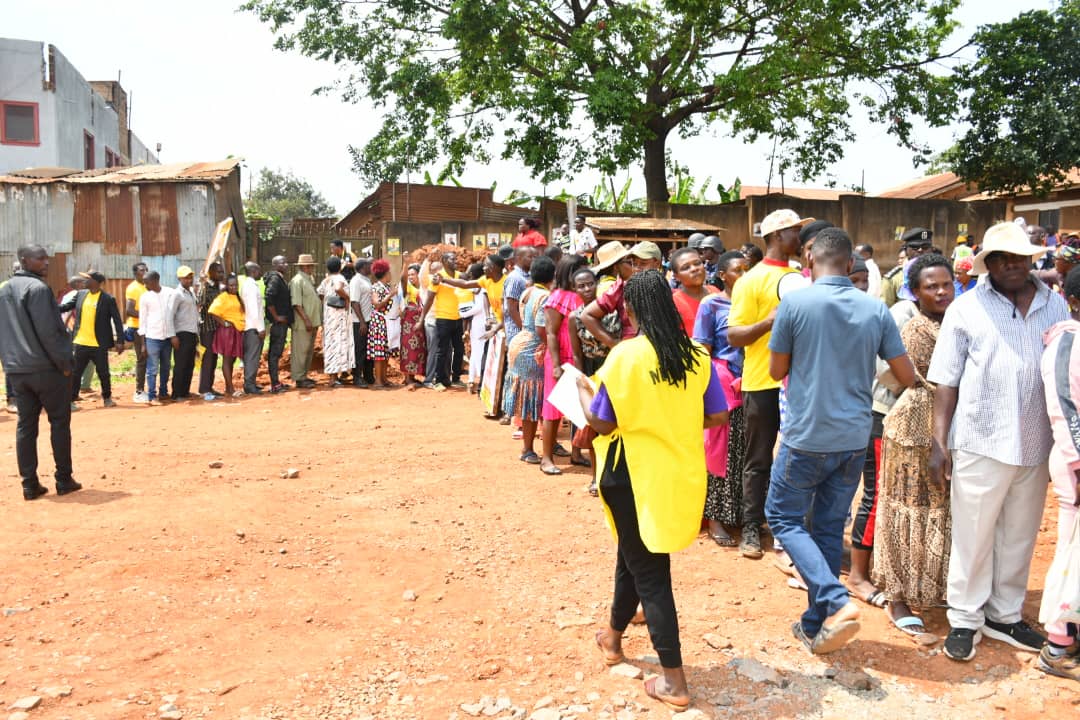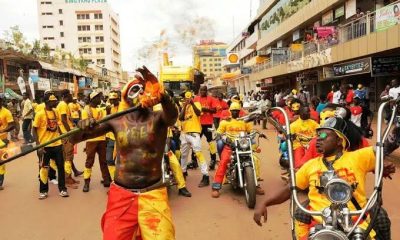OpEd
2025 NRM Primary Elections: What caused chaos and suggestions for improvement
The 2025 NRM primary elections have brought to the fore significant flaws in the electoral process, characterized by widespread anomalies.
These include: failure to adhere to the voters’ registers, which led to participation of ineligible voters like children, missing registers and Declaration of Results Forms, violence, and altered results.
Consequently, the party is currently inundated with an unprecedented number of petitions. Some disillusioned members are considering running as independents or even switching allegiance altogether.
Since political parties are institutions of democracy, the internal electoral processes that pan out are a matter of national concern.
This diagnostic assessment of NRM Primaries, therefore, seeks to unearth the root causes of these disruptions and suggest recommendations for improving the electoral process.
Through keen observation, media reports, and direct interactions with voters and candidates in the NRM Primaries, the following conclusions can be made:
One, there was a glaring failure to exercise due diligence in the identification, vetting, recruitment, and polling day deployment of the election management staff across the country, which compromised the critical aspects of loyalty, patriotism, integrity, and competence.
Two, there was either insufficient or altogether absent training for lower-level election officers. The lack of orientation on polling day guidelines, administrative procedures, and party values not only led to confusion but also to grave errors. One notable example was the declaration of two different winners for the same seat in Hoima District, raising serious questions about preparedness and professionalism.
Three, the absence of a strategy to rotate and deploy polling officials to areas outside their home constituencies bred familiarity with candidates and opened the door to collusion and bribery. Without safeguards, this compromised the objectivity and integrity of the process.
Four, the absence of a robust supervision plan, leveraging respected, retired party leaders as election observers in the regions, vested with powers for timely intervention where things were going wrong.
Five, the lack of voter education. It is assumed that internal elections don’t require voter education. Yet, voter education is crucial in promoting informed decision-making. The NRM espouses a well-defined ideology; it would be important that the decisions of an NRM voter during the internal elections be primarily driven by the desire to consolidate the party ideology rather than any other consideration.
To correct course and restore credibility to its internal electoral process, the following recommendations are advanced for the improvement of NRM internal election management for the future:
First, the NRM EC should carry out elections in a phased manner, going by the five traditional regions (North, East, West, and South), which will ensure security is not overstretched. This approach will also enhance supervision and free up competent manpower to help support the election activities in the other regions.
Second, due diligence should be made in the identification, vetting of the election management staff across the country, to ascertain party loyalty, patriotism, integrity, and competence.
Third, training must be prioritized. All electoral personnel should undergo intensive instruction in election management, administrative law, polling day procedures, and party ideology. This will reduce confusion and foster a shared understanding of procedural expectations.
Fourth, a policy of swapping and transferring officials away from their home areas should be enacted. This would safeguard against undue influence from candidates and promote impartiality in administering the process.
Fifth, the EC must establish a robust supervision mechanism. Empowering respected, retired party leaders to observe and intervene where necessary would elevate accountability and improve the party’s internal democratic credentials.
Sixth, the NRM EC must be intentional on the aspect of voter education, using all available avenues, especially the mass media. This should be done a year before polls start and continually maintain it in the post-election period. This will breed a citizenry that is empowered and civically aware.
Seventh, the NRM-EC should prepare all nominated candidates for the elections by taking them through the basic electoral rules and regulations, the dos and don’ts for candidates, with stringent sanctions for transgressions, including disqualification.
The author, Lawrence Mayambala is a student of the NRM Electoral Processes, whose Master’s Degree thesis is on this subject
Comments

















